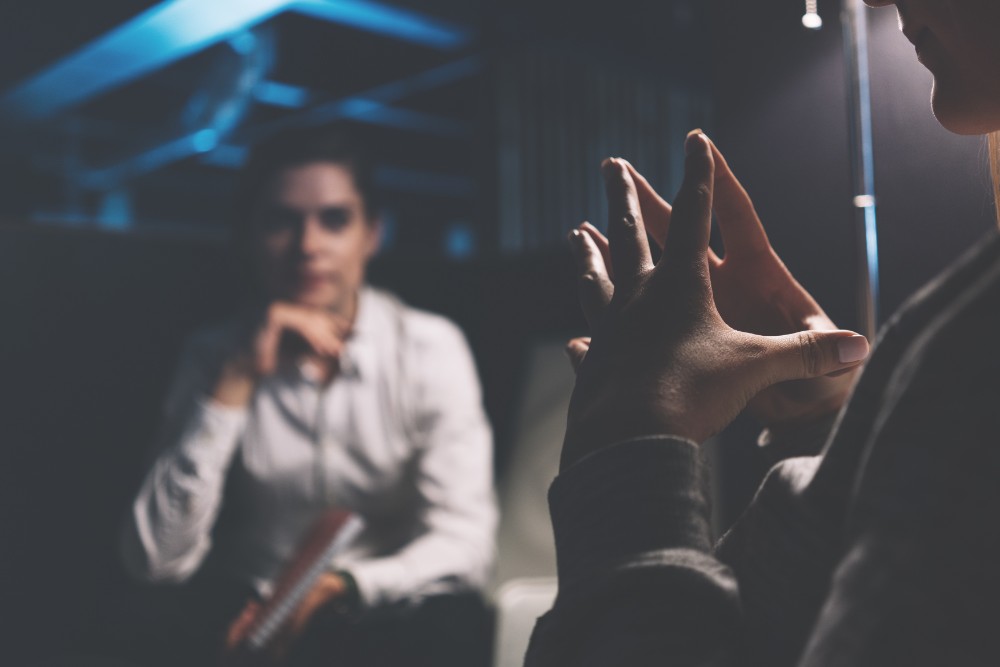How To Avoid Alcohol Relapse
What is Relapse?
Once you leave an addiction treatment facility or outpatient program, the work doesn’t end there. You have most likely heard about the risk of relapse as something that can undermine the recovery process; however, it doesn’t have to. Understanding relapse, its causes, and how to avoid it is a key part of remaining substance-free and maintaining abstinence in the years to come.
Addiction relapse refers to a return to drug use after an attempt to stop and is a well-chronicled risk with any substance use disorder. In the case of alcohol use disorder (AUD), it refers to any time you drink alcohol after an intentional, sustained period of abstinence.
Relapse has three stages, and each stage has distinct characteristics:
Stage One: Emotional
The first stage of relapse can find the person isolating from others and missing 12-step meetings. They may find that previous mental health concerns begin to resurface, and they start to neglect their personal appearance and self-care.
Stage Two: Mental
This stage of the process presents with mental health changes; glamorizing or fantasizing about past drinking, internally negotiating over drinking and re-engaging with friends they used to drink with. They may also start to plan how they can drink again.
Stage Three: Physical
This is what most people imagine when they think about relapse; when a person in recovery starts drinking again. It is the hardest phase to fight back against and usually only occurs following an unmanaged period of emotional or mental relapse.
Causes of Alcohol Relapse
Many situations can trigger an urge to drink again. Some common occurrences that might lead to relapse include:
Sudden Changes or Crises in Personal Life
Many different things can upend a person’s stability. Job loss, grief, breakup, and changes in housing all put us under a great deal of mental stress. When this happens, coping mechanisms come into play. An effective treatment program will help build strategies for emotionally taxing situations, but these habits need to be maintained; otherwise, the temptation to return to the old crutch of alcohol may re-surface.
Return To Old Routines
Old situations, places, and people that used to trigger binge drinking are usually still accessible when someone is in recovery. If a person starts to go back to the routines and interactions of pre-recovery life, it’s likely to accompany a step back into an addiction mindset.
Untreated Mental Health Challenges
Substance use disorder often occurs at the same time as mental health or mood disorders (e.g. anxiety, depression, or PTSD). When someone in recovery suffers from these conditions without treatment, they can hinder an attempt to stay sober.
Negative Thinking Cycles
When negative thoughts arise and aren’t understood or managed, they can begin a cycle that leads addictive thinking to return. Thoughts can include negative self-labeling (I’m an addict), all-or-nothing thoughts (I thought about drinking, so my recovery has failed), catastrophizing obstacles (I can never overcome this upcoming challenge), or just be as simple as a total fear of change. Thinking like this can be managed, but it can break down our confidence and undermine our sobriety when it is left unchecked.
Isolating From Support Structures
When someone stops scheduling meetings with their sober partners or attending AA meetings, they isolate themselves in two ways. Firstly, these meetings provide a structured space to connect with the emotional side of recovery and offer the opportunity to talk and help each other through the challenges of remaining abstinent. Secondly, disengaging removes any accountability – something that can be used as an effective tool against relapse.
Relapse prevention is a core goal of effective addiction treatment. These setbacks can typically be overcome with effective coping skills, planning, and reflection. It is also essential to keep up with one’s community of support. Engaging with family and friends and allowing them to actively take part in the recovery journey makes the road a lot smoother.
Not everyone experiences a relapse, but it is not uncommon and can certainly be overcome. Avoid enabling. If you or someone you love has relapsed, understand that this does not mean returning to square one. This is a moment to figure out what extra support may be necessary and what areas of life have contributed to the relapse, then working out coping mechanisms to help prevent it from happening again.
We Can Help
At Enlightened Solutions, we offer clients the tools and techniques they need to overcome these obstacles and live a happy, sober life. Our therapeutic treatment is rooted in the 12-step philosophy and is designed to help you heal and stay sober long-term. In addition to talk therapy, we offer a range of holistic treatment modalities, including meditation, art and music therapy, and family constellation therapy. If you or a loved one wants relief from alcohol addiction but is struggling with relapse, please call us today at (833) 801-5483.




